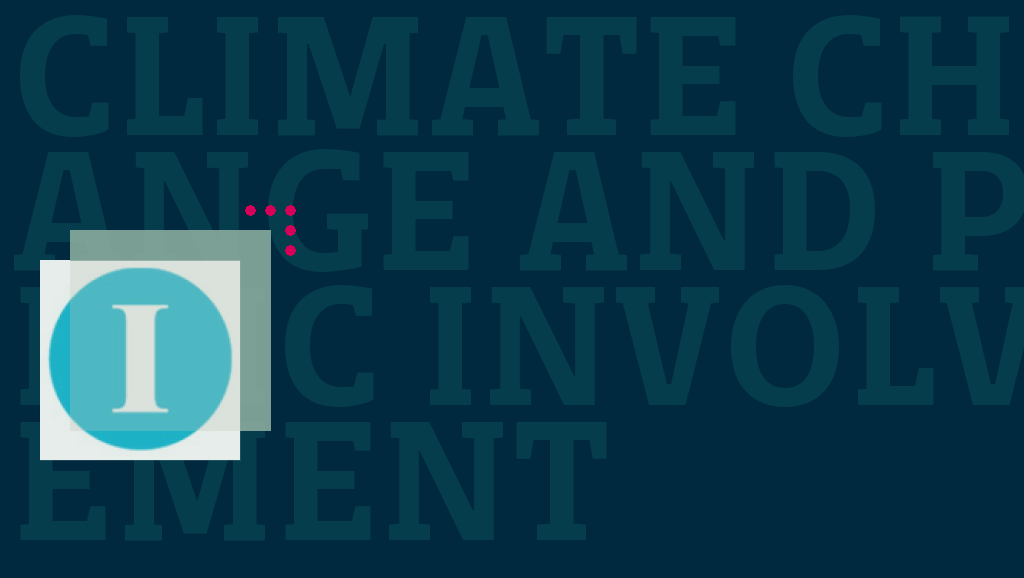The Accent project promoted by the European Science Centre.
Climate change issues are clearly a growing concern for the public today. In recent years, people have received a great deal of information from media on the causes and consequences of climate change, but – depending on countries and regions – citizens’ understanding and engagement in these topics is still varied. The Eurobarometer survey of 2009 shows that for Europeans, climate change is the second most important planetary problem after poverty and lack of food and water. It should be noted that climate change and global warming due to human intervention are two distinct phenomena, but are perceived very similarly by European citizens. In relation to concern about climate change, just under one third of Europeans think that the European Union is doing the right amount to fight climate change – Respondents are most likely to consider the European Union as “doing about the right amount” to combat climate change (30%), followed closely by regional and local authorities, citizens themselves and national governments. There is also a widely held belief that climate change is impossible to deal with and inevitable. But which actions have citizens taken to combat climate change?
In general, six out of ten said they had taken actions involving the use of alternative energy, public transport, domestic consumption, waste collection and other measures.
European citizens are not very active in science and technology issues. Only 13% of respondents are engaged in signing petitions or street demonstrations on matters of nuclear power, biotechnology or the environment but 86% of respondent have never participated. Few Europeans (9%) attend public meetings or debates about science and technology, 91% of respondents stating they never or hardly ever attend.
Given this limited participation in public debate, a group of European science centers has created the Accent project (Action on climate change), to stimulate public participation with experts and various civil society actors.
ACCENT proposes to contribute to a global effort to move the campaign on climate change from “informative” to the “active” phase, through the exchange and dissemination of practices, with specific actions that encourage the involvement of citizens in actions and dialogue.
The rising demand for public participation is evident when addressing global challenges; in this sense, public involvement is central to the ACCENT strategy to improve the capacity of European democracies to represent and include citizens’ perspectives. Through ACCENT, the science centre community is committing itself for a year to strengthening efforts made at the local level to disseminate research results, and establish dialogue between scientists, stakeholders and the public through participative practices.
The program proposes meetings that are open to the public, experts and various stakeholders known as a Local Citizens Debate (LCD). These meeting feature citizens in dialogue with experts and representatives of various interests, environmentalists, politicians, journalists and entrepreneurs. The dialogue grows from specific citizen posed questions followed by a thorough discussion. At the end of meetings the group of concerned citizens produces a series of recommendations and suggestions aimed at local administrators and the European Union with the goal of improving methods of communication on the subject. By the end of 2011 more than 20 local Citizen Debate in various parts of Europe will have been held and collected proposals and suggestions for delivery to the European Commission.
Two major themes emerge from the first data collected through the LCD discussions. The first marks the contrast between the global and local level, in terms of forces that are able to influence public opinion as the issue is contextually perceived but with different intensities. The second concerns the type of sustainable responsibility for which citizens are often divided between individual interests and community-based actions. The issue therefore involves both seemingly distant but increasingly connected areas and produce wide-ranging questions which, if tackled properly, can contribute to the development of more effective communication on Climate change issues.
















